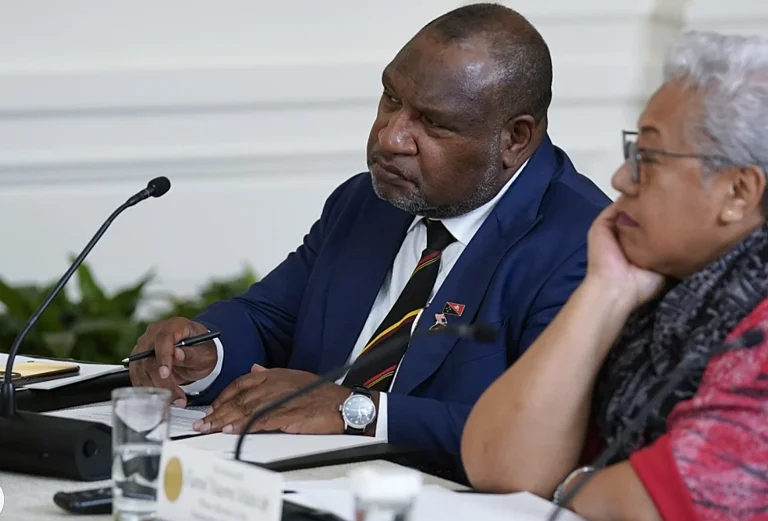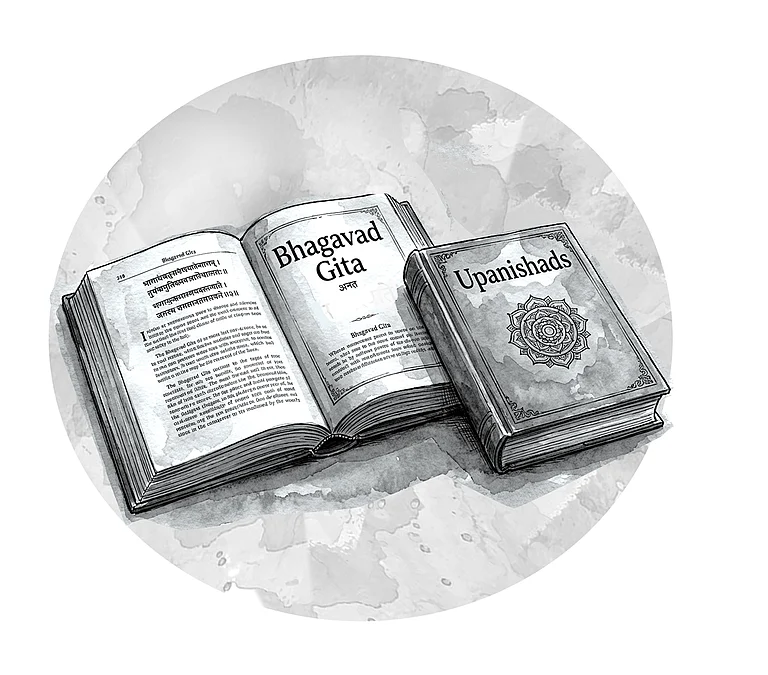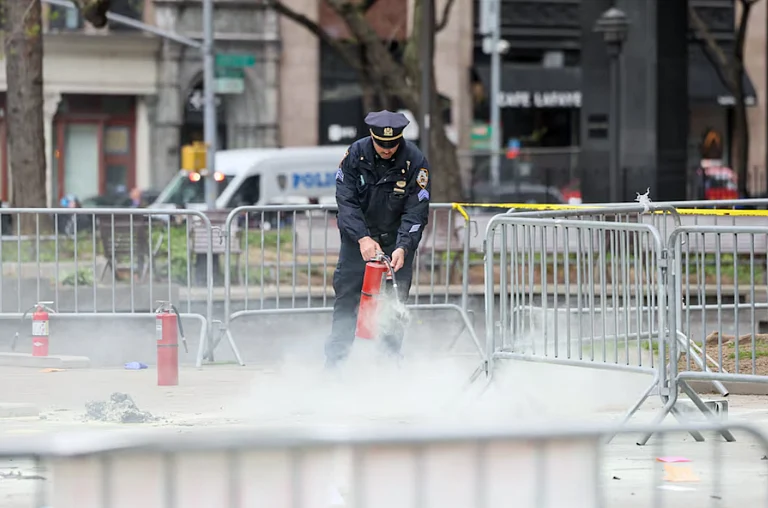On Monday, former President Donald Trump consented to further limitations on the $175 million bond in his New York civil fraud case. This action addressed worries from the state attorney general regarding the security of the funds. The bond, issued by Knight Specialty Insurance, is designed to ensure Trump's adherence to a $454.2 million judgment obtained by Attorney General Letitia James, should his appeal fail.
Justice Arthur Engoron imposed the penalty after determining that Trump, the Republican presidential candidate who competed against President Joe Biden in the November 5 election, artificially inflated his net worth and real estate assets to deceive banks and insurers into offering more favorable terms.
James, a Democrat, contested the bond earlier this month, alleging that Trump still retained access to the Charles Schwab account pledged to the insurer as collateral.
During a hearing on Monday, held near the location where jurors were presented with opening arguments in Trump's criminal hush money trial, attorneys representing Trump and Knight reached an agreement. They decided that the funds would stay in the form of cash rather than being exchanged for securities. Additionally, they agreed that Knight would possess sole control over the account and refrain from withdrawing funds. They also committed to providing James with monthly statements to ensure the cash remained intact.
The agreement came about after Engoron raised concerns about the security of the collateral.
Addressing Trump's lawyer Christopher Kise, Engoron questioned the reliability of the agreement, stating, "You keep using the word agreement, what if they break the agreement? It all seems like a house of cards."
Notably, Knight is owned by billionaire Trump supporter Don Hankey.
Earlier that day, Trump defended the bond outside the courtroom of the criminal trial, stating, "We put up cash and the number is 175. She shouldn't be complaining about the bonding company. The bonding company would be good for it because I put up the money. I have plenty of money to put up."
In court documents, James contended that a trust owned by Trump still retained control over the account, and she expressed doubts about Knight's financial arrangements being adequate to cover the bond.
Hankey had previously mentioned in an interview that he had charged Trump a low fee because he hadn't anticipated any issues.
"We thought it would be an easy procedure that wouldn't involve other legal problems and it's not turning out that way," he said. "We probably didn't charge enough."
Hankey amassed his wealth through subprime car loans, although some regulators have criticized his companies' methods of debt collection. Forbes magazine estimates his net worth at $7.4 billion.
Initially, Trump was mandated to secure the entire verdict amount while appealing, but a state appeals court permitted him to post a reduced bond.
With Trump's criminal trial garnering significant attention, Engoron observed the relatively sparse attendance in the courtroom compared to when he presided over the civil fraud trial. "Where is everyone?" he quipped at the start of the hearing.






























